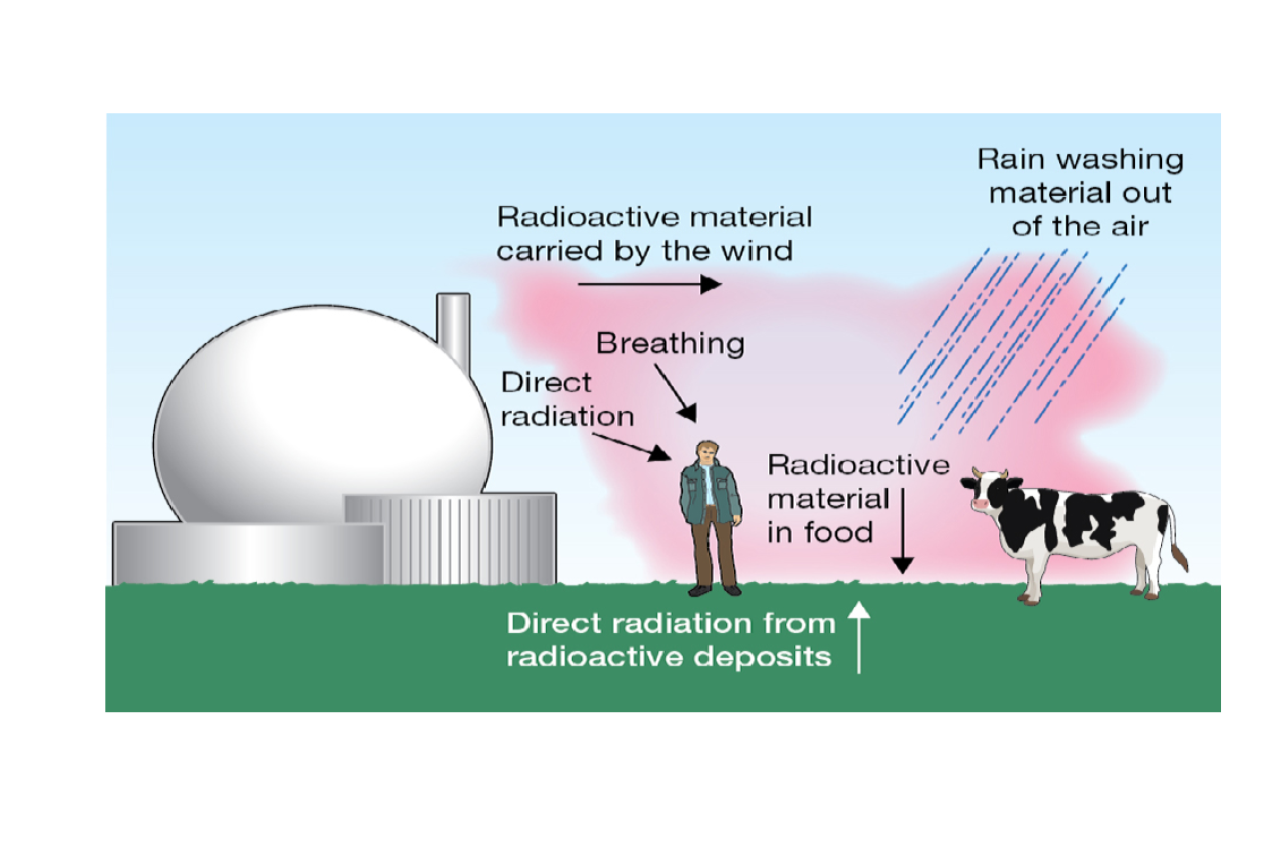EURADOS School "Contribution of dosimetry in the field of nuclear emergency preparedness and radiological accident management"
All information
09:00-16:30 h
Instituto Português de Oncologia do Porto (IPO)
R. Dr. António Bernardino de Almeida 865
4200-072 Porto
Portugal
https://ipoporto.pt
Overview
Ionising radiation is of huge benefit to society, including in medicine and industry. However, there remains a small but very real risk of radiation accidents or malicious events which may lead to small or very large numbers of individuals being exposed to unplanned doses, either patients, workers, or members of the public.
Ionising radiation dosimetry in its various forms, including environmental, computational, individual monitoring, internal and external dose assessment, is a crucial part of any radiation emergency response, not least following a large scale civil nuclear accident. In such scenarios, direct monitoring of doses to individuals and the environment as well as prediction of the pathways for exposure which relies on detailed calculations using a variety of models and approaches, directly support decision making in terms of incident resolution (who should try and fix the problem and how), as well as protective actions for potentially exposed members of the public and the environment. Dosimetry is also key to the recovery phase, including the initial and longer term clean up as well as the long-term consequences for exposed workers, members of the public, non-human biota and the environment.
The EURADOS School 2023 will seek to establish the basics of preparedness for nuclear emergency situations, before introducing the audience to the key considerations of dosimetric monitoring and modelling to support real time decision making and prediction of evolution of the accident, individual monitoring and external and internal dosimetry for individuals and the environment. The contribution of dosimetry to communication to the public and stakeholders, which is essential for both the acute and clean up phases of the incident, will also be considered, as will the next steps in terms of the longer term. Case studies on real or potential incidents will be presented to put the presented theory into practical context.
Topics
- Introduction to past major nuclear accidents
- Nuclear emergency preparedness
- Radiation dosimetry and modelling in support of the acute and longer term response
- Stakeholder involvement and communication
Programme
9:00 Welcome on behalf of the Scientific Committee
Liz Ainsbury and Pedro Teles, UKHSA (UK) and IPO (Portugal)
9:05 Introduction - historical aspects, and the need for radiation emergency preparedness
Eduardo Gallego, UPM (Spain)
9:35 Biological effects in nuclear and radiological accidents
Isabel Bravo, IPO (Portugal)
10:05 When do we need a sound risk assessment based on monitoring and modelling in a nuclear emergency to assure proper decision making and a balanced long-term health care for the population?
Wolfgang Raskob, KIT (Germany)
10:35 Coffee break
11:00 Preparing for people monitoring and using the data to inform the wider monitoring programme
Matt Simpson, UKHSA (UK)
11:30 EURADOS developments on emergency internal dosimetry
María Antonia López, CIEMAT (Spain)
12:00 Biological and physical retrospective dosimetry
Liz Ainsbury, UKHSA (UK)
12:30 Lunch
13:30 Environmental monitoring and the use of unmanned aerial systems for radiological surveillance
Arturo Vargas, UPC (Spain)
14:00 Contribution of computational dosimetry to the management of radiological accidents
Christelle Huet, IRSN (France)
14:30 Current status of nuclear facilities in Ukraine and the associated radiological risks in wartime
Olena Parenyuk, NAS (Ukraine)
14:50 Coffee break
15:20 Case studies – Internal dosimetry and longer term population monitoring, Goiania
Luiz Bertelli, LANL (USA)
15:40 Case studies - How useful is the dose assessment in the medical management of radiological accidents?
Jean-François Bottollier-Depois, IRSN (France)
16:00 Case studies - The current nuclear risk in Europe
Johan Camps, SCK CEN (Belgium)
16:20 Closure of the EURADOS School
Key dates
- Call for registration: 13th March 2023
- Deadline for early registration (reduced fee): 5th May 2023
- Deadline for registration: 1st June 2023
- EURADOS Annual Meeting 2023: 12th - 15th June 2023
- EURADOS General Assembly: 14th June 2023
- 16th EURADOS School: 15th June 2023
Organisation
Scientific Committee
- Liz Ainsbury (UK Health Security Agency – UKHSA, United Kingdom)
- Isabelle Clairand (Institut de Radioprotection et de Sûreté Nucléaire – IRSN, France)
- Marco Silari (European Organization for Nuclear Research - CERN, Switzerland)
- Pedro Teles (University of Porto – FCUP, Portugal)
- Filip Vanhavere (Nuclear Research Centre – SCK CEN, Belgium)
- Arturo Vargas (Universitat Politècnica de Catalunya – UPC, Spain)
Price
The General Assembly is embedded in the EURADOS Annual Meeting (AM2023).
CONFERENCE FEE1)
Registration and payment latest 5th May 2023:
Full Fee: 300 €
Reduced Fee2): 250 €
Registration and payment after 5th May 2023:
Full Fee: 375 €
Reduced Fee2): 325 €
1) The fee is waived for retired persons, but online registration is mandatory.
2) Reduced fee for participants from sponsoring institutions (see www.eurados.org/Sponsors)
The fee includes participation in all events of AM2023, coffee breaks, lunches (on Tue, Wed and Thu), the welcome drink (on Mon) and conference dinner (on Wed).
Special fee3) only for EURADOS School online attendance
Full Fee: 125 €
Reduced Fee2): 100 €
3) This fee applies to participants who attend this event only (for the others, it is included in the registration fee of the conference). No other events will be streamed online!
Registration info
Please register online via www.eurados-registration.org by 1st June 2023.
Early registration (reduced fee) incl. payment is possible until 5th May 2023.
Accommodation
A list of suggested hotels can be downloaded in the “Documents” folder on the registration platform or here.
More Information
For more information, please download the 2nd announcement.
